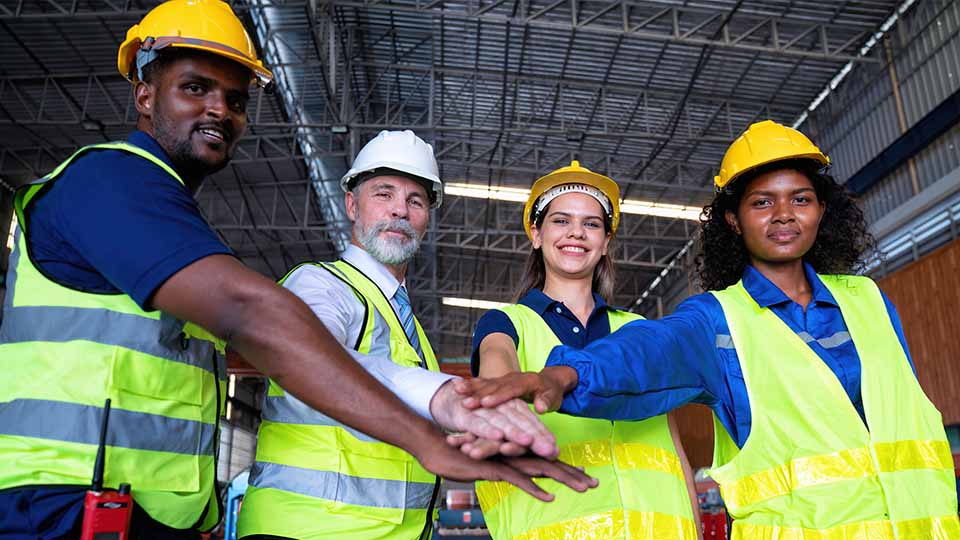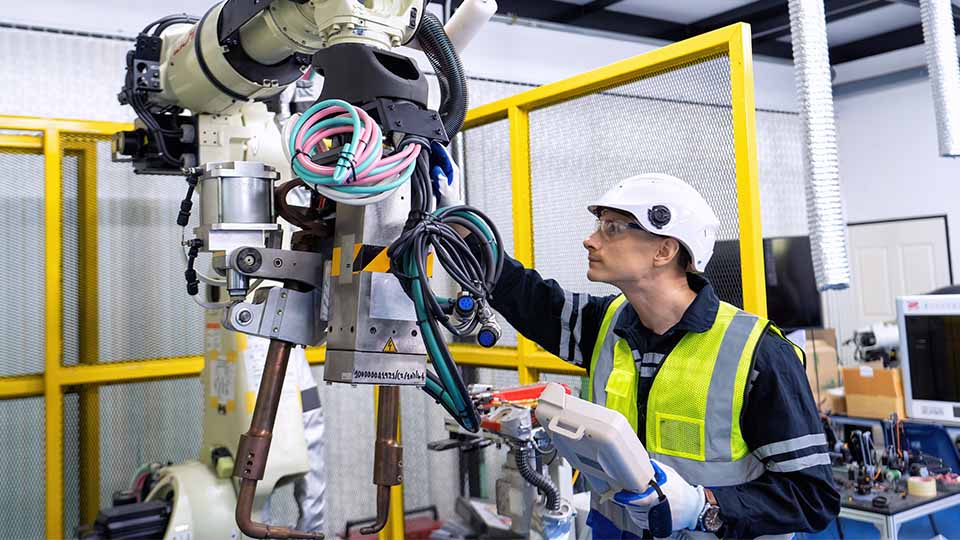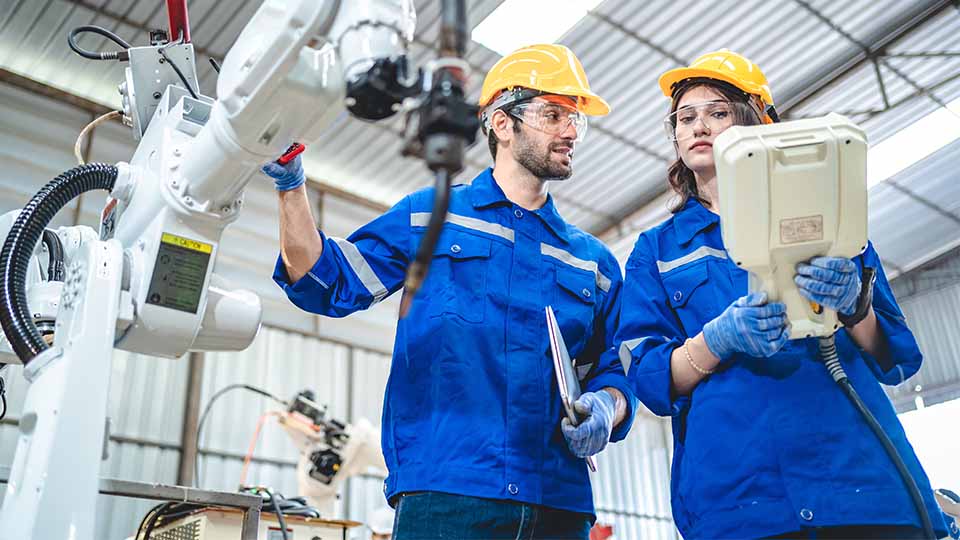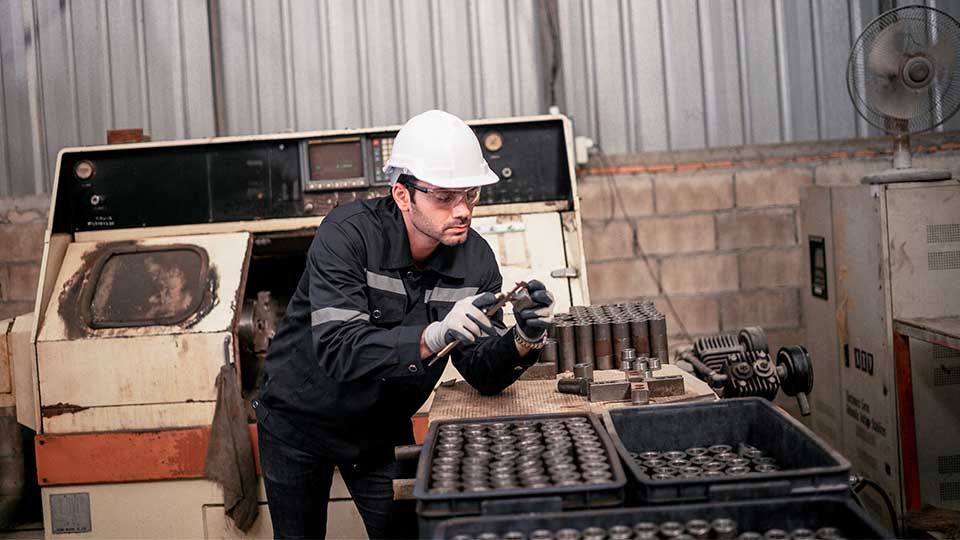Many industries rely on contract certified welding inspectors (CWIs) to ensure structural integrity, safety, and code compliance for their welding projects. Whether you’re managing short-term fabrication work or scaling up production, and need a CWI to review the welds.
In this article, I will explain how using contract CWIs can bring specialized welding knowledge, flexibility, and rapid deployment to meet quality standards.
Get contract CWI support now!
If you need contract CWI support, contact JOINER Services today to connect with qualified candidates.
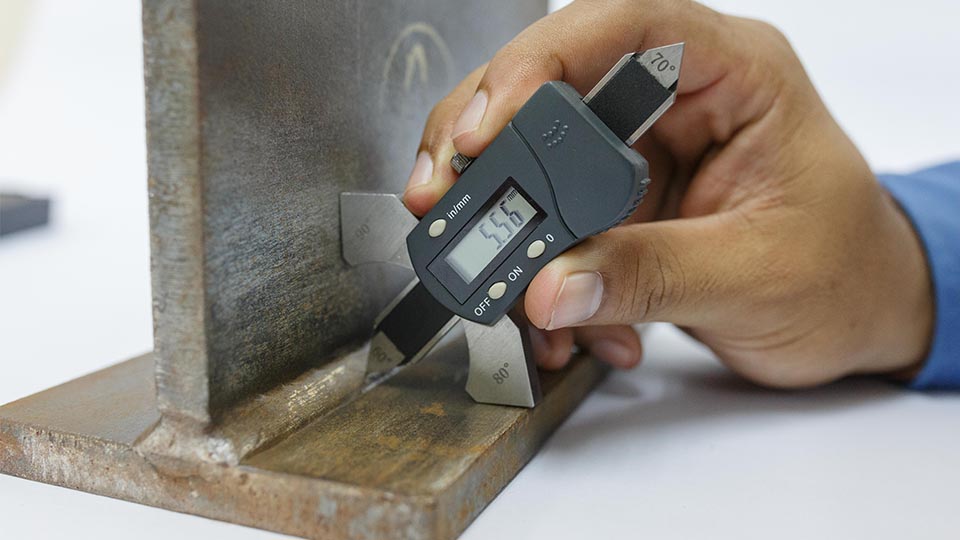
Certified Welding Inspector:
The Certified Welding Inspector, or CWI for short, is given to people who pass tests written by the American Welding Society (AWS) and stands as one of the quality standards in the welding industry. Having this credential signifies a welder’s comprehensive understanding of welding processes, code book standards, and inspection techniques.
For anyone seeking to add credibility to their career in welding, getting a CWI offers a unique pathway, with this prestigious certification in the welding industry.
Understanding the certified welding inspector (CWI) certification.
The CWI certification is an internationally recognized credential that validates an individual’s expertise in welding inspection. Achieving this certification requires passing a series of tests that assess knowledge in welding fundamentals, practical inspection, and code application. The candidates must complete three exam parts, each evaluating different areas of welding knowledge and skills. A minimum score of 72% on each part is necessary to obtain the CWI credential.
The American Welding Society (AWS) provides flexible training options to accommodate diverse learning preferences for candidates. These include traditional in-person week long seminars, online courses, and custom classes tailored to specific organizational needs. Such flexibility allows candidates to prepare effectively for the certification exams, regardless of their work schedules or job location.
The role of a contract certified welding inspector.
A contract CWI operates on a project-by-project basis, offering specialized welding inspection services to various clients across multiple industries. This type of engineering consultant involves several key responsibilities that include:
- Welding Inspection: Ensuring that welds meet specified codes and standards, and verifying the quality and integrity of welded structures, in accordance with the AWS.
- Compliance Verification: Confirming that welding procedures adhere to applicable regulations and client specifications.
- Documentation: Maintaining accurate records of inspections, welding procedure specifications (WPS), procedure qualification records (PQR), welder qualification test record (WQTR), and all other compliance requirements.
- Consultation: Providing expert advice on welding processes, materials, and best practices to optimize quality and efficiency.
By working on a contractual basis, CWIs can engage with a diverse array of projects, from construction, manufacturing, oil and gas, and many others. This variety not only broadens their professional experience but also enhances their adaptability and problem-solving skills.
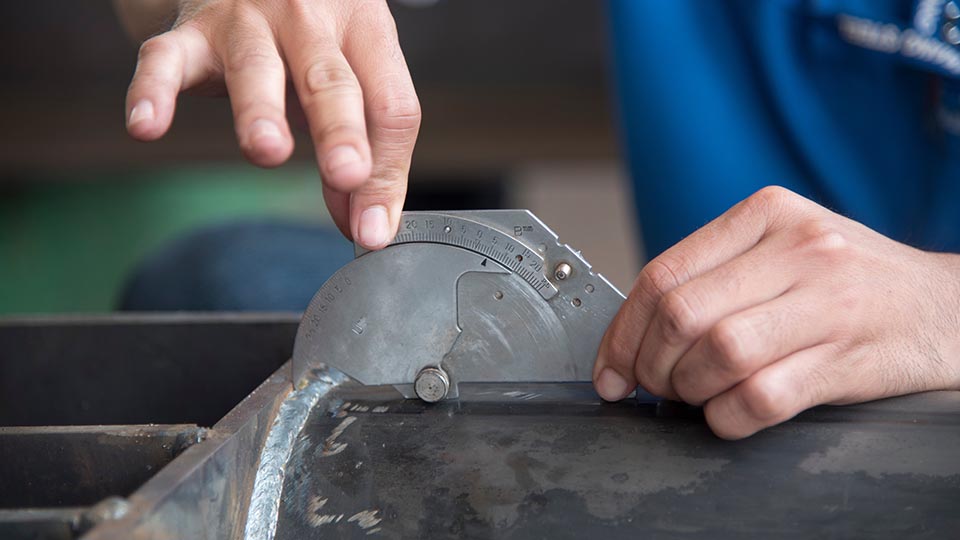
When does your company need a contract CWI?
It can be difficult to know exactly when it is time to bring in extra weld support, but most companies rely on a contract CWI to ensure structural weld integrity, weld safety, and welding code compliance to help with their projects. Whether you’re doing fabrication work or ramping up production and need an extra set of eyes, a qualified CWI can provide immediate oversight exactly when and where you need the welding support.
What are the advantages of using a contract CWI?
Bringing in a welding expert to support your project can be great. That’s why many companies use a CWI on a temporary basis to help support welding activities. Below, I list some of these key advantages:
- On-Demand Welding Support: Access qualified welding inspectors only when you need them, and without the cost of a full-time hire.
- Code Compliance: Ensure your welding work meets the AWS or project specific welding standards.
- Quality Control: Improve traceability, reduce rework, and maintain detailed inspection records.
- Third-Party Objectivity: Get unbiased evaluations and reviews of your product that supports welding safety, industry compliance, and client confidence.
- Scalability: Support peak production periods, new installations, or large projects exactly when you need them for as long as needed, then, when the project is completed and meets all the weld standards, the extra contract support can leave the job.
- Mitigating Risk: Identify weld defects early and help to prevent structural or safety failures later on down the line.
- Contractor Versatility: Contract CWIs often have multi-industry experience, bringing best practices from a diverse welding background.
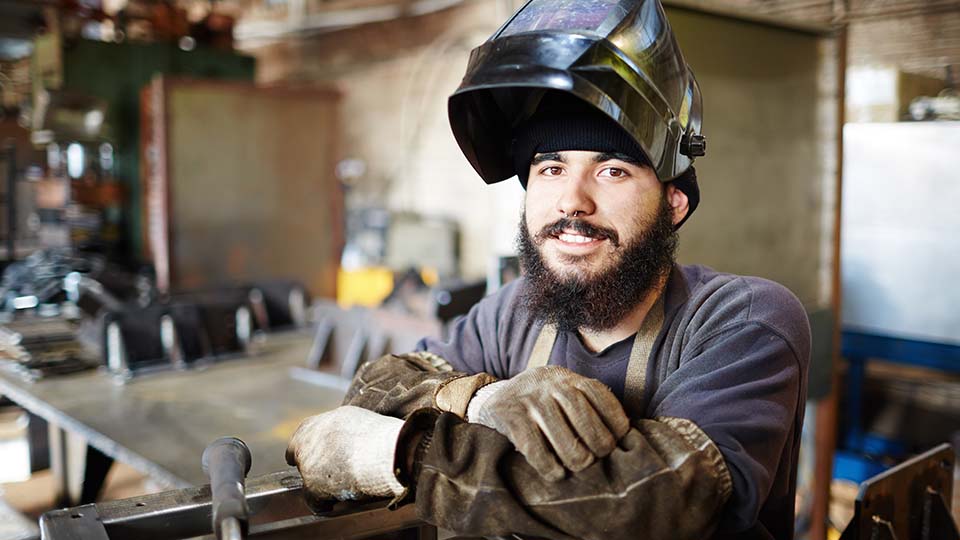
Find contract certified welding inspectors using JOINER Services.
Contract CWIs play a pivotal role in upholding welding quality and safety standards by leveraging their expertise across various projects and industries. Contract CWIs contribute significantly to the clients they support in all aspects of the welding industry.

If your company is looking for a contract CWI, join today and find a qualified professional to support your project!
FREQUENTLY ASKED QUESTIONS:
Below, I discuss some FAQs about certified welding inspectors.
